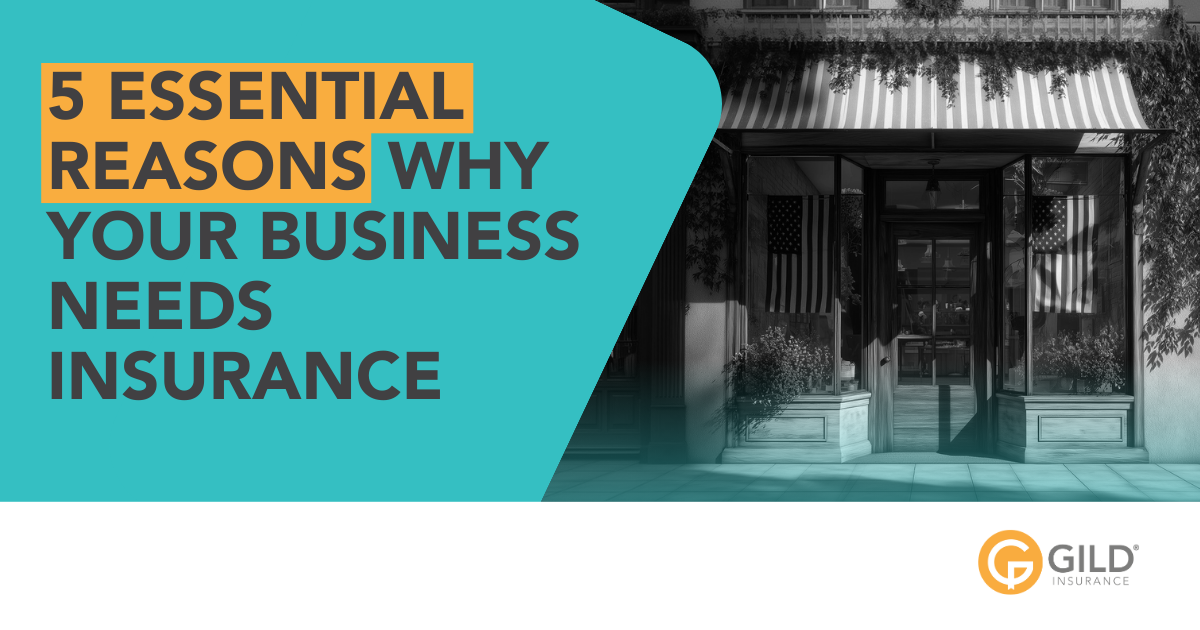A single head injury can throw your fitness business into crisis. Whether it happens during a group class or a personal training session, concussions are one of the most common and costly liability claims in the fitness world. The good news is that a clear concussion protocol can help protect your clients and your business. It’s not just about safety—it’s about being prepared when accidents happen. At Gild Insurance, we help fitness professionals take proactive steps to reduce risk and stay covered.
Why a Concussion Protocol for Small Businesses Is Essential
According to the CDC, a concussion is a type of traumatic brain injury (TBI) caused by a bump, blow, or jolt to the head. This sudden movement can cause the brain to bounce or twist within the skull, triggering chemical changes and potentially damaging brain cells. A forceful impact to the face, neck, or even other parts of the body can also lead to a concussion.
In high-movement environments like gyms and fitness studios, this risk becomes a serious liability.
That’s why having a concussion protocol for small businesses, especially those in the fitness space, isn’t just a recommendation. It’s a proactive protection plan. A well-defined protocol outlines clear steps to identify, respond to, and document suspected concussions, helping you protect your clients, your team, and your coverage. Key components typically include:
- Initial evaluation: Recognize common symptoms like dizziness, nausea, and confusion.
- Immediate action: Remove the individual from activity if a concussion is suspected.
- Referral to medical care: Seek evaluation by a licensed healthcare professional.
- Return-to-activity guidelines: Only resume workouts after receiving medical clearance.
Need help getting started? The NCAA’s Concussion Protocol is a helpful real-world model that small fitness businesses can adapt.
Tools and Resources to Build Your Protocol
Start strong with trusted, evidence-based resources:
- CDC’s Heads Up: A national campaign offering detailed information on signs, symptoms, and prevention strategies. Great for staff training and client awareness.
👉 CDC Heads Up - American Academy of Neurology: Access clinical guidelines and a professional concussion checklist to assess severity and determine next steps.
👉 American Academy of Neurology
How Gild Insurance Helps You Stay Protected
Having a concussion protocol is a smart first step, but it’s only part of a strong risk management plan. Gild Insurance offers tailored coverage designed for physical therapists, gym owners, personal trainers, and yoga and pilates instructors—giving you the protection you need from multiple angles.
Here are a few products that can help safeguard your business:
- General Liability Insurance: Covers client injuries, including slips, falls, and concussions that happen on your premises.
- Professional Liability Insurance: Protects you if a client claims your training advice or supervision caused an injury.
- Workers’ Compensation: Required in most states if you have employees, this coverage helps with medical bills and lost wages if a team member is injured on the job.
- Commercial Property Insurance: Covers equipment, furnishings, and your space if damaged by fire, theft, or other covered events.
Whether you’re a personal trainer, studio owner, or fitness consultant, Gild makes it easy to get the right coverage for your specific business needs.
👉 Schedule a time to speak with a Gild agent to build your protection plan.




